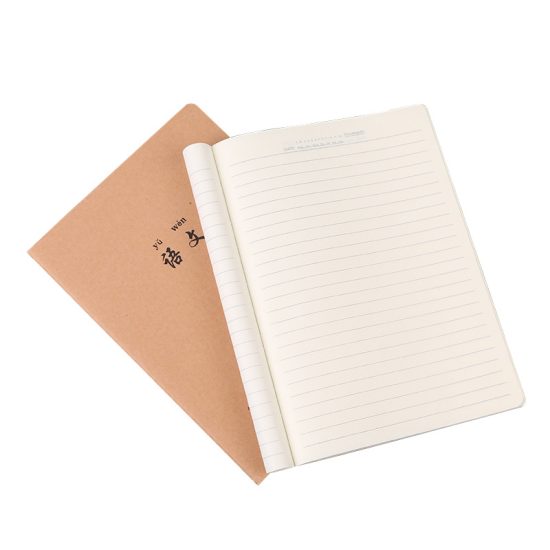Exercise books can be valuable tools for language learning and can aid in the development of various language skills. Here are some effective strategies for using exercise books in language learning:
- Vocabulary Expansion: Dedicate sections of your exercise book to new vocabulary words. Create lists of words organized by themes or topics. Include their meanings, example sentences, and any additional information you find useful. Regularly review and practice the vocabulary to reinforce retention.
- Grammar Practice: Use your exercise book to practice grammar rules and structures. Create exercises that target specific grammar points, such as verb tenses, sentence structure, or word order. Provide explanations and examples, and then offer practice exercises that allow you to apply what you’ve learned.
- Writing Practice: Allocate space in your exercise book for writing practice. Write short essays, journal entries, or creative pieces in the language you are learning. Pay attention to grammar, vocabulary usage, and sentence structure. Review and revise your writing to improve accuracy and fluency.
- Listening and Speaking Exercises: Create exercises that focus on listening and speaking skills. Include prompts or questions that require you to listen to audio recordings or engage in conversational activities. Use your exercise book to transcribe conversations, take notes on listening materials, or record your thoughts and reflections.
- Reading Comprehension: Incorporate reading comprehension exercises in your exercise book. Select texts that match your language proficiency level and interests. Create questions or tasks related to the text, such as identifying main ideas, answering comprehension questions, or summarizing key points.
- Language Practice with Partners: If you have language exchange partners or classmates, use your exercise book for language practice activities. Create dialogues, role-plays, or question-and-answer exercises that you can complete together. Use your exercise book as a shared resource for collaboration and feedback.
- Pronunciation Practice: Use your exercise book to focus on pronunciation. Write down phonetic transcriptions, practice tongue twisters, or record yourself speaking and compare it to native speaker models. Include exercises that target specific sounds or pronunciation challenges.
- Language Reflection and Self-Assessment: Use your exercise book as a space for language reflection and self-assessment. Set language learning goals, track your progress, and reflect on your strengths and areas for improvement. Write reflections on your language learning journey, challenges you’ve overcome, and strategies that have been effective for you.
- Language Games and Puzzles: Create language games and puzzles in your exercise book to make learning more engaging and enjoyable. Examples include word searches, crosswords, or matching exercises. These activities can help reinforce vocabulary, spelling, and language usage.
- Cultural Exploration: Use your exercise book to explore the culture associated with the language you are learning. Include exercises that delve into cultural topics, such as traditions, customs, or famous landmarks. Write about your cultural discoveries and reflect on how they relate to language and communication.
- Test and Exam Preparation: Prepare for language tests or exams using your exercise book. Create practice tests that simulate the format and content of the actual exam. Include exercises that focus on specific test sections, such as reading comprehension, listening comprehension, or writing tasks.
- Personalized Learning: Adapt your exercise book to suit your personal learning preferences and needs. Customize it with additional resources, vocabulary lists, grammar explanations, or language learning tips. Make it a personalized tool that supports your language learning journey.
Remember to regularly review and revisit your exercise book, as repetition and reinforcement are key to language learning success. Incorporating these strategies into your language learning routine can maximize the effectiveness of exercise books as valuable tools for improving your language skills.


